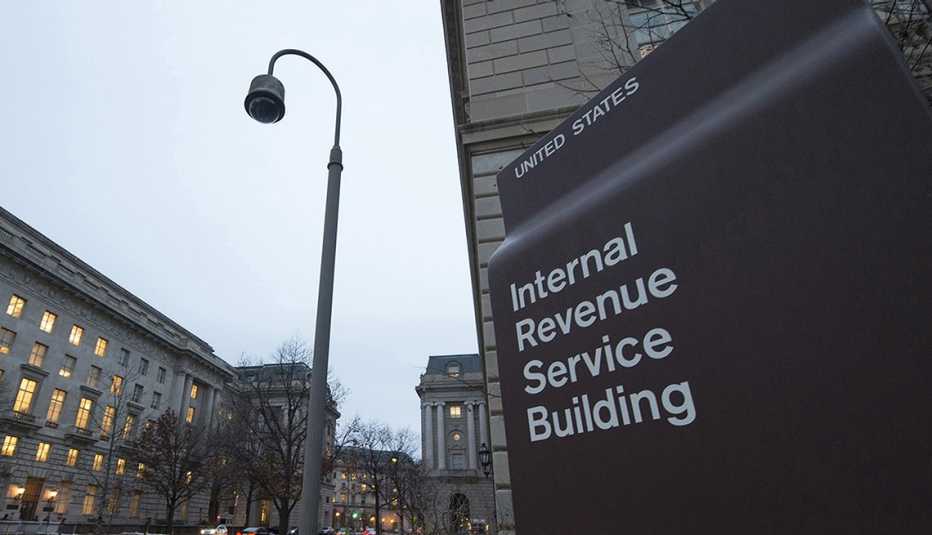AARP Hearing Center


Approximately 4.7 million taxpayers are in line for an unexpected break from the Internal Revenue Service (IRS): Relief from some tax penalties incurred for the 2020 and 2021 tax years.
The $1 billion in penalty relief, which works out to an average of $206 per eligible return, will go largely to individual taxpayers or businesses with less than $100,000 in income who owed late-payment penalties. For many, the relief will reduce the balance owed to the IRS. Those who already paid off their full balance will receive a refund of their failure-to-pay penalties or have the amount credited toward another outstanding tax liability.
The relief and refund payments will be automatic; You don’t have to do anything to get your refund. The IRS says the first round of refunds are being issued through the end of January 2024. If the automatic relief results in a refund or credit, taxpayers will be able to see the amount by viewing their tax transcripts via the IRS web site.
The relief covers penalties for late payment of taxes owed for tax years 2020 and 2021. The failure-to-pay penalty applies if a taxpayer doesn't pay the taxes they report on their tax return by the due date or if the taxpayer doesn’t pay the amount required to be shown on their return within 21 calendar days of receiving a notice demanding payment.
Why is the IRS issuing refunds?
The surprise tax relief stems in large part from a pandemic-induced backlog of tax returns. As 2020 and 2021 returns piled up, an overwhelmed IRS stopped sending out automated reminders to taxpayers to pay overdue tax bills starting in February 2022. But even though the reminders stopped, the failure-to-pay penalties continued to accrue. Now that the IRS has mostly caught up on its backlog, it has decided to cut some slack to taxpayers who were caught up in the "unusual situation" of not receiving overdue reminders for, in some cases, more than a year.
“As the IRS has been preparing to return to normal collection mailings, we have been concerned about taxpayers who haven’t heard from us in a while suddenly getting a larger tax bill,” IRS Commissioner Danny Werfel said in a Dec. 19 statement. “The IRS should be looking out for taxpayers, and this penalty relief is a common-sense approach to help people in this situation. We are taking other steps to help taxpayers with past-due bills, and we have options to help people struggling to pay.”





































































More From AARP
5 Areas Where Prices Have Cooled
Eggs and gasoline are leading the price cutsWall Street Wisdom That Isn’t Wise
7 pearls of investment wisdom that aren’t that smartWhat You Need To Know About Roth IRAs
Tax-free income at retirement — if you follow the rulesRecommended for You